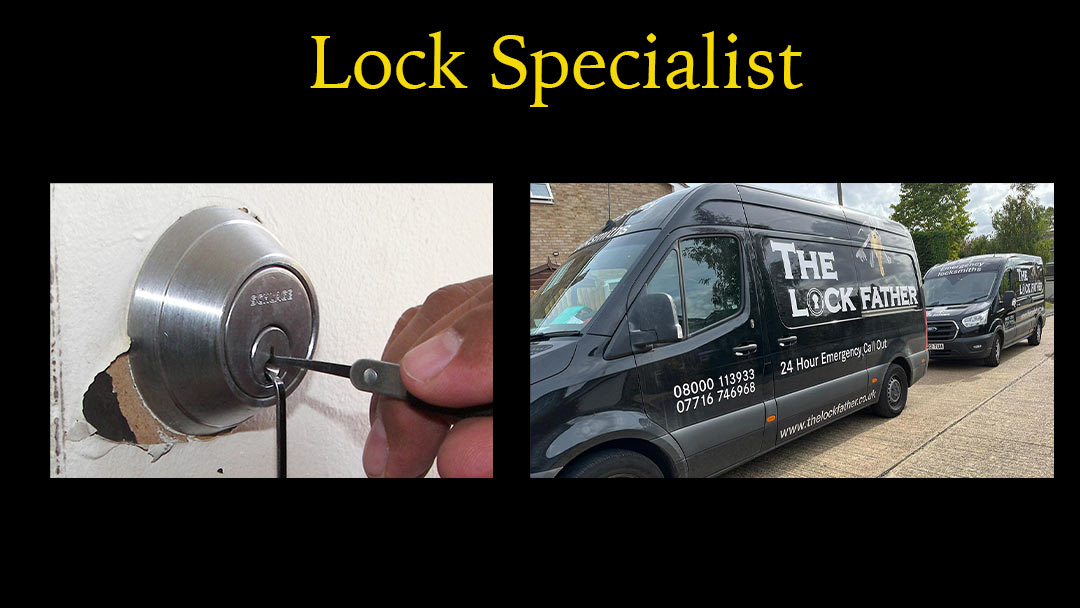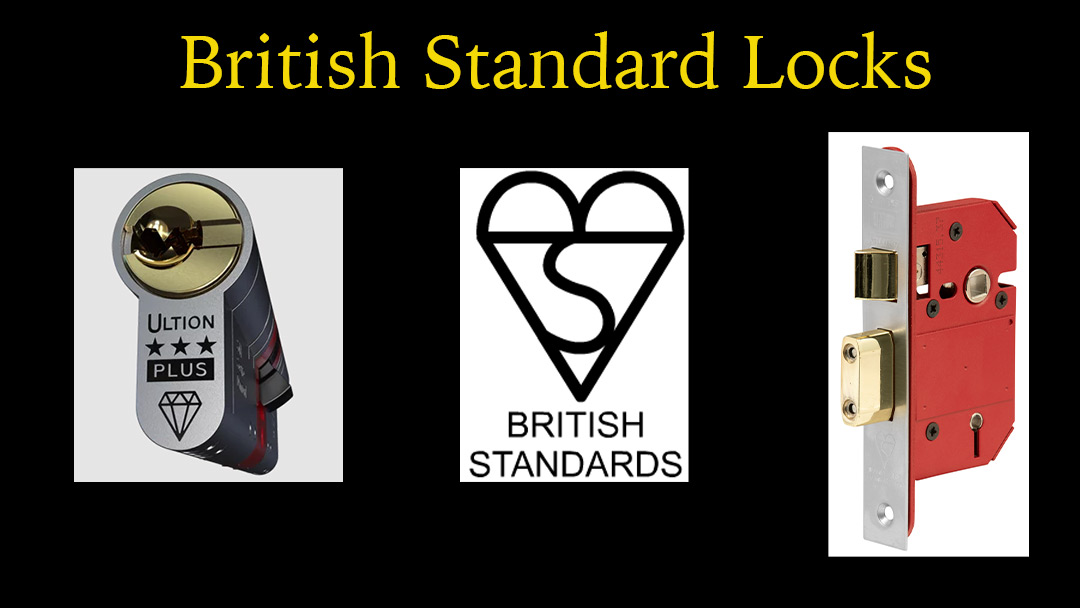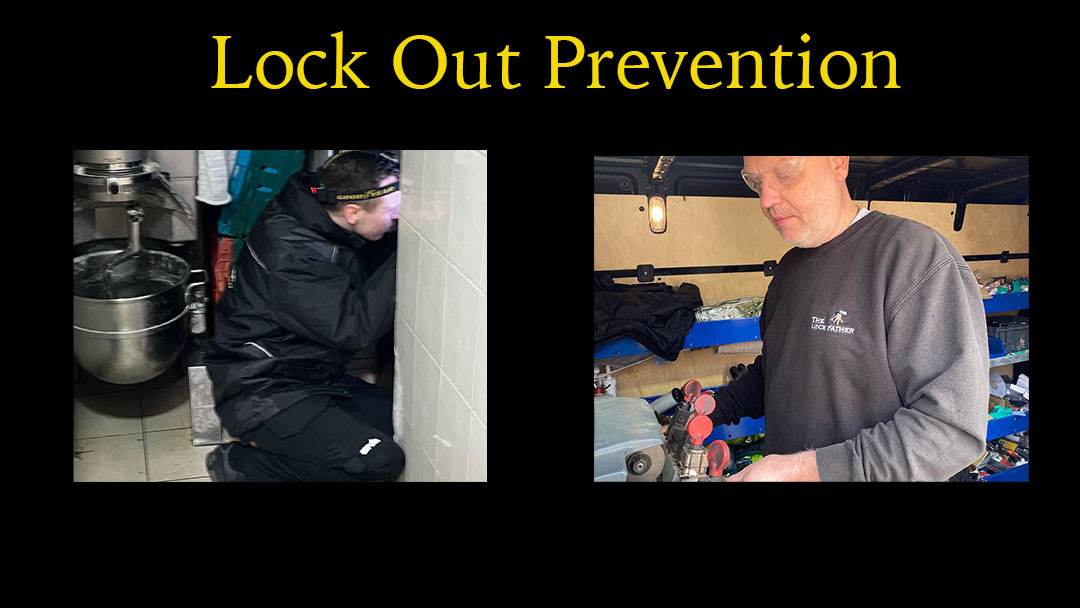Picture this: It’s late at night, freezing cold, and you’ve just reached your front door after a long day. You pat your pockets, only to encounter the horrifying realisation: you’re locked out! Or imagine being stranded in an isolated parking lot, with your car keys visibly taunting you from the ignition. As nightmare-inducing as these scenarios may seem, they occur more often than most care to admit. But relax – you’re not doomed to repeat them! In today’s post, we will guide you through practical lockout prevention methods to ensure these frightful lockout episodes remain fictional. Keep reading to transform your approach to home and car security forever. Trust us; it’s the difference between a peaceful night and a locksmith’s emergency call-out!
Here are a few tips to prevent lockouts:
1. Keep a spare key with a trusted friend, family member or neighbour.
2. Use smart locks that allow for keyless entry through the use of code, fingerprint reader or smartphone app.
3. Label your keys and place them in designated areas such as a key hook, drawer or tray.
4. Avoid leaving keys inside a locked room or car.
5. Have a locksmith install a keypad outside your home or business for easy access without carrying keys.
Following these tips can significantly reduce the chances of locking yourself out and ensure you always have access to your property.
Are You Locked Out?
Understanding Lockouts
Lockouts are one of the most frustrating occurrences that can happen to anyone – imagine arriving at your home or car and realising you’ve locked yourself out. It’s a situation that can happen to anyone, regardless of age or experience, and is often caused by simple mistakes such as forgetting keys inside or misplacing them. Other factors could include outdated locks, broken keys, or damaged lock mechanisms.
Analogously, it’s like an unplanned stop in the middle of a marathon – just as every runner fears this scenario, every homeowner or car owner dreads being locked out of their property. The inconvenience that comes with having to wait for an emergency locksmith to arrive can be daunting.
As we all know, time is essential when faced with a lockout, especially during extreme weather conditions or late-night hours. However, panicking and attempting to force entry can escalate the problem and cause irreversible damage to property and security systems. In such situations, taking a step back and analysing the steps that led to the lockout can help prevent future recurrence.
It’s also important to note that certain types of locks are more susceptible to lockouts than others. For instance, old locks that aren’t maintained correctly might distort over time, making locking and unlocking difficult. Modern locks are engineered to provide more durability than traditional models but still require proper care and upkeep.
Now that we’ve established what lockouts are and why they occur, let’s explore how lockouts commonly occur in homes.

Home Lockouts
Home lockouts are a common problem faced by homeowners worldwide. They often arise from simple mistakes such as misplaced keys or accidentally leaving them inside after stepping outside for a few minutes. Home lockouts could lead to several inconveniences, such as missing important appointments or leaving family members stuck outside without shelter.
Imagine it’s 2 a.m., and you’ve just returned from a long day at work. You’re exhausted, and all you want to do is enter your home, take a warm shower and sleep. But they’re not there when you reach for your keys inside your purse. You search around you – in your bag, pockets, car – but to no avail. A home lockout has just occurred.
There are various methods of addressing home lockouts – some people break in by damaging the door or window, while others attempt to pick their locks open. Both these methods are not recommended and could leave one vulnerable to unwanted surprises such as thieves taking advantage of broken-in property. Additionally, breaking into homes is illegal and could lead to legal action being taken against the offender.
Instead, it’s best to contact a professional locksmith who can effectively and safely solve the problem. Burglars can use any weak point in damaged or poorly maintained doors and windows to break in – an experienced locksmith will often offer advice on maintenance tips homeowners should apply regularly.
Now that we have gained insight into common occurrences of lockouts in homes, let’s explore similar situations with cars.
Do You Live In Essex?
Car Lockouts
One of the most common types of lockouts is a car lockout. It can happen to anyone, and it’s often more frustrating than a home lockout because you’re stranded in an unfamiliar location with no immediate solution. Car lockouts can be caused by various factors, such as forgetting your keys inside the car, losing them or even having them stolen.
A client once told me they had locked themselves out of their car on a snowy winter night. They were miles away from home with no spare key. The client was stranded for hours in the cold weather before they could finally get into their vehicle. It’s essential to take preventative measures to avoid situations like this.
One way to prevent car lockouts is to make sure that you always have a spare key. It’s suggested that you keep one in your wallet or purse and another with a trusted friend or family member in a safe location. Additionally, if you have newer car models, you might want to consider getting smart keys since they come with additional features such as remote unlocking and engine start-up.
Having extra keys is similar to having a safety net; you always have something else to rely on when something goes wrong. Just like how acrobats use safety nets during their performances to ensure their safety, having spare keys assures you that you’ll never be permanently stranded.
- A study conducted in 2022 revealed that nearly one in five homeowners had experienced a home lockout at least once.
- According to the British Locksmiths Institute, spare keys could prevent up to 34% of lockouts if properly managed and stored.
- A recent survey by The Lock Father found that regular servicing and upgrading of locks reduced the chance of unexpected lock failures, the main cause of lockouts, by up to 60%.
*The Lock Father is NOT an automotive locksmith.*
Avoiding Car and Home Lockouts
Preventing lockouts should always be preferable to resolving them, but accidents happen. Here are some practical tips for avoiding both car and home lockouts:
Always double-check your pockets and bags before leaving your home or vehicle. Ensure that all doors and windows are correctly closed, especially at night time when thieves are most active.
Some people might debate against hiding a spare key outside of your home or vehicle, but there are safe ways to do so. For example, consider giving a spare key to your trusted neighbour or a nearby family member. Hiding one in plain sight can also be relatively successful: placing it in a doormat, under a potted plant or on top of the outer lights above the front door.
Once, a client told me they had an extra house key hidden in a fake rock near their front door. However, that wasn’t secure enough, as it was too easy for anyone to spot and navigate. Instead of hiding them in ordinary places, you should try to conceal your spare keys in areas you know only you or someone you trust can identify.
Lastly, consider upgrading your locks and security systems to increase safety measures within your home and car. External doors should have British Standard locks and meet insurance policy requirements. Insurance providers may also require additional home safety features such as alarm systems, security safes and CCTV.

Do You Need A Hight Security Lock Fitted?
Spare Key Solutions
Getting locked out of your home or car can be an incredibly frustrating experience. If you find yourself without a spare key, it only makes the situation worse. That’s why spare key solutions are so important in lockout prevention.
One of the simplest solutions is to ensure you have a spare key for your home and car. Keep them in a safe place that’s easily accessible, like with a trusted friend or family member. You can also invest in a magnetic key holder that attaches to the underside of your car or in a hidden location around your house.
Another option is to invest in a smart lock system that gives you access to your home using only your smartphone. Some smart locks come with features like auto-unlock, which opens the door for you as you approach, eliminating the need for keys. However, having a backup plan when relying on technology is always wise.
In contrast, some argue that hiding spare keys around your property could pose security risks. For instance, someone might stumble across it and use it to break into your house. While this risk is valid, properly placing the hidden key and limiting who knows of its existence can mitigate such risks.
Think of spare key solutions as insurance; having one might seem unnecessary until something goes wrong. By taking precautionary measures now, you can save yourself from future headaches.
Smart Lock Advancements
As technology advances and becomes more commonplace in our daily lives, smart locks are becoming increasingly popular. These locks offer various benefits that traditional locks cannot match.
One significant advantage of smart locks is flexibility; they allow homeowners to grant access to their homes remotely through their smartphones while allowing multiple people access for specific periods.
Additionally, smart locks often come equipped with features like auto-lock, eliminating the need to remember to lock up every time you leave the house. Smart locks can also detect unauthorised entry attempts and send alerts to your phone or security services; this feature makes these locks a crucial component of modern home security systems.
On the downside, some people express concerns about relying solely on technology to protect their homes. They fear that hackers could exploit vulnerabilities in these locks and gain access to their homes. While there are definite risks associated with smart locks, most experts agree they are secure and have strong encryption protocols.
Using a smart lock system is like having a personal butler who always ensures your house is secured; it gives added convenience and peace of mind.
Role of Locksmiths in Lockout Prevention
Locksmiths play a significant role in lockout prevention. They possess the expertise and tools to handle any lock-related issues that may lead to lockouts. Locksmiths are trained to gain entry to homes and cars without damaging the locks or doors. Additionally, locksmiths provide valuable advice on home security solutions, including upgrading locks, installing smart locks, and securing other entry points such as windows and garage doors.
In case of a lockout, a locksmith can help you regain entry to your home or car quickly and efficiently. Most professional locksmith companies offer 24/7 emergency services to cover lockouts and other security issues outside regular business hours. When contacting a locksmith, choosing a reputable company with good customer reviews, like The Lock Father, is important.
The Lock Father provides high-quality locksmith services and has been recommended by Essex Police and London Transport. Their vetted locksmiths usually carry extensive stock, enabling them to complete jobs on the first visit. The Lock Father also offers a 12-month guarantee on all work carried out by their five locksmiths. Customers can contact The Lock Father via phone, email, and social media.
Learning from Lockout Incidents
Experiencing a lockout can be frustrating and time-consuming. However, it also provides an opportunity to learn from the incident and take measures to prevent future occurrences. One key lesson is always having spare keys available in a safe place that is easily accessible but not visible or accessible to others.
Investing in modern security solutions, such as smart locks that allow remote access control and monitoring, is vital. Smart locks provide added convenience and flexibility while enhancing home security.
Another crucial aspect of learning from lockout incidents is identifying the cause of the lockout. Did you forget your keys somewhere? Was your key stolen or lost? Did the lock malfunction? Knowing the root cause, you can address the issue and take the necessary steps to prevent it from happening again.
- Experiencing a lockout can be frustrating, but it presents an opportunity to learn and improve security measures. Always keep spare keys in a safe place, invest in modern security solutions like smart locks, and identify the root cause of the lockout to prevent future incidents.
If you have any questions or queries then please do not hesitate to get in contact.

